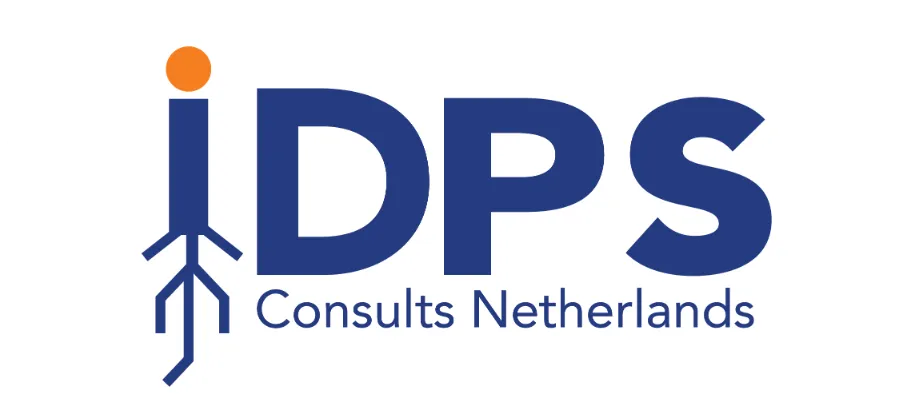Sending your child abroad to study is one of the biggest decisions you’ll ever make. It’s exciting, yes — but it’s also overwhelming. From tuition fees and safety to cultural adaptation and post-graduation opportunities, there’s a lot to think about. This is where a study abroad consultant becomes your best ally. But how do you know if they’re the right fit for your child’s journey?
The key is in the questions you ask. Here’s a detailed guide on the 7 most important questions every parent should ask a study abroad consultant — and why each one matters.
Why Choosing the Right Consultant Matters
Choosing a study abroad consultant isn’t just about paperwork — it’s about entrusting someone with your child’s future. A good consultant can open doors to top universities, provide critical guidance, and ensure your child’s transition is smooth and successful. But a bad one? They can waste your time, money, and opportunities.
To make sure you’re working with the right partner, here are the 7 key questions every parent should ask — and the red flags to watch out for.
1. What Are the Total Costs Involved in Studying Abroad?
Money matters, and understanding the full financial picture is the first step toward smart decision-making.
Ask the consultant for a detailed cost breakdown, including:
- Tuition fees: Annual costs vary by country and university.
- Living expenses: Accommodation, food, transportation, and utilities.
- Hidden costs: Visa fees, application charges, travel insurance, and medical checks.
Also ask:
- “Are there any scholarships or financial aid options available?”
- “Can you help us estimate a monthly budget?”
A trustworthy consultant will help you plan finances realistically, offer insights into scholarships, and ensure there are no surprise costs later.
2. How Safe Is the Country and What Safety Support Is Available?
As a parent, safety is your number one concern — and rightly so. When choosing a study destination, it’s important to ask:
- What safety protocols are in place for international students?
- Does the university offer 24/7 emergency support?
- What healthcare facilities are available on or near campus?
A good consultant will also guide your child on cultural norms, legal obligations, and safety tips, helping them feel secure and prepared.
Pro tip: Request information about student support hotlines, embassy contacts, and local emergency numbers in the destination country.
3. What Support Services Will My Child Receive?
Adjusting to a new culture, language, and academic environment can be overwhelming. That’s why it’s vital to ask about the support services available for international students.
Key services to look for:
- Academic Support: Tutoring, writing centers, and mentorship programs.
- Emotional & Mental Health Support: Counseling services, peer support groups.
- Cultural Integration: Orientation sessions, student clubs, and language support classes.
Ask: “How does the university help students settle in during the first few weeks?” A strong support system is essential for your child’s success and well-being.
4. What Are the Success Rates of Your Students?
Numbers don’t lie. Asking about success rates gives you a clear picture of a consultant’s track record.
Important metrics include:
- University acceptance rates: How many students get admitted into their preferred schools?
- Graduation rates: What percentage of their students complete their degrees?
- Career outcomes: How many find jobs or pursue higher studies after graduation?
If the consultant can share real success stories or alumni case studies, that’s a strong sign of credibility and experience.
5. Can You Guide Us Through the Visa and Documentation Process?
Visa rejection is one of the most common reasons students’ dreams get delayed. That’s why you should ask how the consultant supports families during this crucial step.
Key questions:
- Do you assist with visa applications and interviews?
- What documents will we need?
- How early should we start the process?
A professional consultant will walk you through every step, help you avoid common mistakes, and ensure applications are accurate and on time.
6. How Will You Help My Child Choose the Right Course and University?
Choosing a university isn’t just about rankings — it’s about fit. Ask how the consultant matches students with institutions that align with their goals, interests, and career aspirations.
Essential follow-ups:
- “Do you offer career counseling before recommending programs?”
- “How do you evaluate the quality of a course or faculty?”
A good consultant should go beyond generic suggestions and personalize recommendations based on your child’s strengths, ambitions, and budget.
7. What Post-Study Opportunities Are Available?
Studying abroad is an investment — and you want to know the return. Discuss the post-graduation options available in your target countries.
Ask about:
- Work visas: What are the eligibility requirements for staying and working after graduation?
- Internship opportunities: Are students connected with companies during their studies?
- Alumni networks: How strong are they, and how do they support job placements?
This question helps you understand the long-term value of the degree and how it will shape your child’s career.
Bonus Tips for Parents Before Choosing a Consultant
- Check reviews and testimonials. Real feedback reveals more than polished websites.
- Verify credentials. Ensure the consultant is licensed and experienced in student placements.
- Request references. Speak to other parents or students they’ve helped.
- Compare services and pricing. Don’t settle for the first consultant you meet.
Choosing the right study abroad consultant is one of the most important decisions you’ll make as a parent. By asking these seven essential questions, you’ll uncover the consultant’s expertise, reliability, and ability to support your child every step of the way.Remember, this journey is about more than just getting into a university — it’s about helping your child grow, adapt, and succeed in a global environment. With the right consultant by your side, their study abroad dream can become a powerful launchpad for a bright future.





